“Respect plays a key – yet often unacknowledged – role in every successful business / work relationship.”
Gregg Ward, Founder/Exec. Director – CRL
Significant research indicates that organizations with Actively Respectful Cultures (ARCs) have significantly fewer complaints and conflicts and measurably higher levels of partnership, engagement, productivity, and employee/customer satisfaction. At CRL, we believe having a respectful culture is no longer a nice-to-have; it’s an absolute MUST HAVE in every organization. The ARC™ Assessment tells you exactly where you are on respect.
The ARC™ Assessment
• Simple, anonymous, secure, employee survey.
• Measures respect levels in 3 critical respectful behavior areas.
• Assesses Managers and the Organization.
RESULT: A detailed overview of where your organization is succeeding on respect and gaps to be addressed.
ARC Consulting | Respectful Leadership Coaching
• Expert, strategic consulting and leadership coaching on developing an ARC within your organization.
RESULT: Your organization values, measures, and walks-its-talk on respect generating increased engagement, collaboration, productivity, success, and employee/customer satisfaction.
What is an ARC and how does The ARC™ Assessment help me and our organization?
An ARC is an Actively Respectful Culture. Organizations that have ARC’s enjoy reduced levels of conflict and higher levels of performance, partnership, engagement, productivity and employee/customer satisfaction.
Unlike standardized employee engagement surveys and pulse checks, The ARC™ Assessment helps you create the kind of respectful culture that keeps today’s employees truly engaged, highly collaborative and productive.
Constructing an ARC, like building a house, occurs in four distinct phases

ABSENCE OF RESPECT
There is little evidence of respectful behaviors by managers, leadership, or the organization in any of the three respect behavioral areas (Informational, Procedural, Interpersonal). Possible signs of "fear based" or "micro-managing" or "commandand-control" behaviors and low interest by leadership/”culture creators” in learning about Respectful Leadership™ or moving toward Phase 2.

LEARNING ABOUT “RESPECT FOR RESPECT”
There is some evidence that some leaders/“culture creators” are attuned to the importance of respect and sponsoring organization-wide learning. There's little evidence of systemic Respectful Leadership™ behaviors except for some individuals. However, there’s an openness to conducting The ARC™ Assessment to determine behavioral gaps.

VALUING & PRACTICING RESPECT
There is good evidence that the managers and the organization value respect and Respectful Leadership™. They are attempting to consistently walk-their-talk, have begun establishing expectations and metrics around respect, and are monitoring/ holding managers and the organization accountable. There’s an expressed desire and effort to move into Phase 4.

SUSTAINING AN ARC
There is clear evidence that leadership consistently holds managers and the organization accountable for and acknowledges/rewards respectful behaviors and addresses disrespectful behaviors in all three respect areas. There’s an expressed desire and e ort to remain in phase 4 and for supporting a process of continuous improvement (i.e. by re-running The ARC™ Assessment annually).
The ARC™ Assessment identifies the “gaps” in respect and…
- Allows you to determine just how respectful your culture is
- Is hosted on a secure site and surveys employees anonymously
- Contains clear statements to which employees rate their agreement/disagreement using a 5-point Likert Scale
- Can be customized to focus on managers, and/or organizational leadership, and/or specific business units of all sizes
- Identifies the organization's status in the Four Phases of an ARC
- Typically it takes 14-18 minutes to complete
- Gauges employee perceptions in three specific respect areas: Informational respect, Procedural respect, Interpersonal respect

The 3 Areas of Respect
Is evidenced by leadership/management transparency and
equitable access to timely and relevant information that enables employees to do their jobs as expected/to the best of their ability.
Sample statements from the ARC™ Assessment: My Manager/Leadership...
- Has clearly defined my goals and objectives
- Helps me to understand how my work contributes to the organizations’ overall goals and objectives
- Provides consistent, constructive, and respectfully delivered feedback to support me in achieving my goals
- Communicates what strong performance looks like in my role
- Ensures that I feel my work is meaningful to the organization
Is evidenced by perceptions of pay equity, fairness in reporting structures, and rational, reasonable policies and procedures around recruiting, hiring, promotion, accountability, and discipline.
Sample statements from the ARC ™Assessment: My Manager/Leadership...
- Ensures that my performance reviews are aligned with the organizations’ clearly defined goals and objectives
- Acknowledges me for the good work I do
- Clearly communications promotion criteria
- Applies promotion criteria fairly
- Ensures that everyone has a fair and equal chance to succeed in my department/our organization
Is evidenced by genuine civility, decency, thoughtfulness, kindness, appreciation and acknowledgment.
Sample statements from the ARC™ Assessment: My Manager/Leadership...
- Is respectful of everyone, regardless of level
- Moves quickly to address disrespectful behavior
- Effectively manages their stress and emotions in high stakes situations
- Considers treating people with respect as being as important as achieving our Objectives and Key Results (OKRs) and our Key Performance Indicators (KPIs)
- Values common courtesies (like greeting one another in the halls, avoiding interrupting others while speaking)

